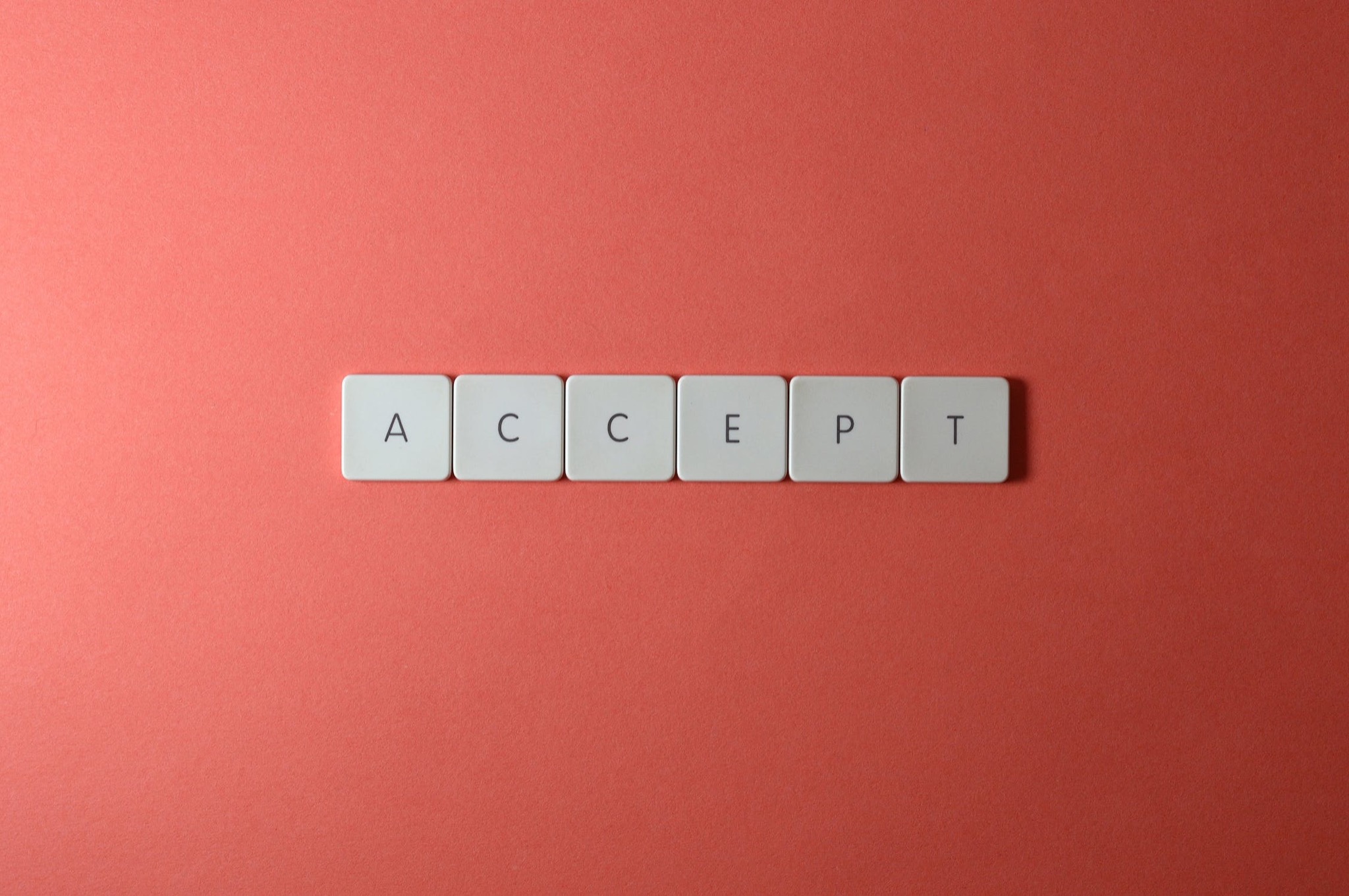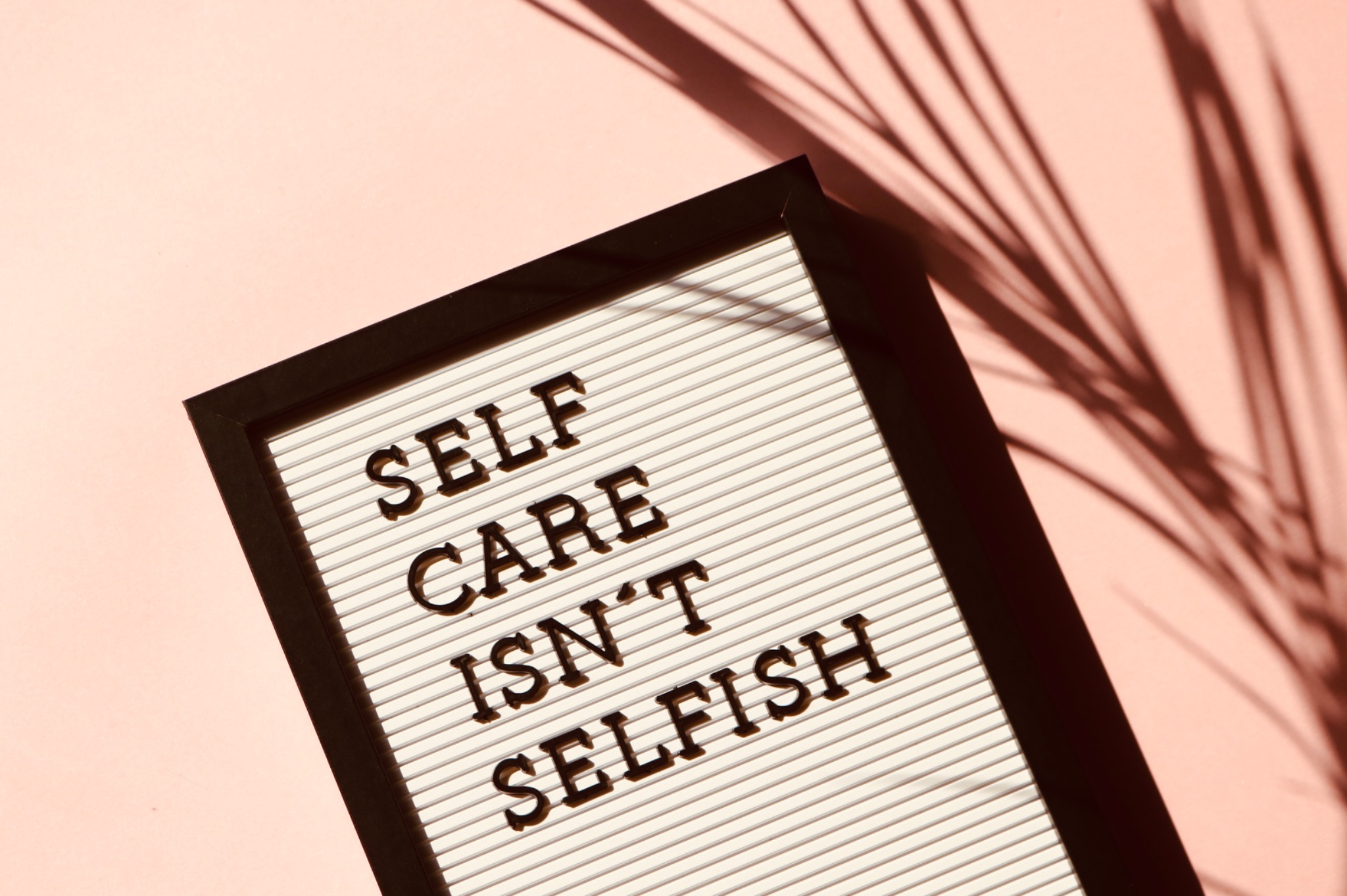
Vol 17: 5 Ways to Level Up as a Parent in Recovery
Recovering from substance abuse isn't just about getting sober. It's about building a healthy, vibrant life that doesn't include alcohol or drugs; that means maintaining and growing your relationships, including those with the people closest to you, like your spouse and children.
A couple of months ago, my six-year-old son asked me if I knew how to play video games. Since he challenged me to a two-player classic, one I can vividly remember playing when I was his age, I obliged. Of course, the game's graphics are more sophisticated than I recall, but the object is the same:
Level Up.
So, while breaking down the details of the mission that our duo of Italian brother avatars would face throughout the land of princesses and mushrooms, some good and some deadly—you know, just like in real life—with great enthusiasm, my son told me:
"Mom. You only make it to the next level if you stay alive long enough to defeat the bad guy."
"What happens when we defeat the bad guy?" I asked.
"We go to the next level and do it all over again."
Almost immediately, I thought to myself,
Now isn't that some shit?
I can't think of a more straightforward and spot-on metaphor for life.
As I continued playing the game, reminiscing about my youth and trying not to die by a rogue, flying turtle shell, my little boy pointed to the screen and excitedly cheered.
"Get that flag, girl! That's a progress point! Now we don't have to start over at the beginning if we fail."
Ah, yes. We pick up where we left off, don't we?
We avoid death traps and jump headfirst into things on the promise of reward. Sometimes we stand tall; other times, we shrink under pressure. And, inevitably, the moment comes to level up, but only after facing a terrifying beast and kicking his sorry ass.
Hello, fear.

Finding the resources within oneself to stand up to complex challenges doesn't come easy for anyone, but everyone is capable of defeating what holds them back from next-level living.
If you're in the process of getting clean and sober, or even if you've been off substances for some time, following these tips can help you level up your relationship with your kids and improve your entire family dynamic.
#1: Accept where you are on our journey
Accepting where you are on your pilgrimage towards healing is essential not only for your recovery but for the welfare of your children.
Remember that your kids are watching and learning from you even if you're not yet ready or able to participate actively in parenting. So take time each day to be mindful of what they see you do and think about how it makes them feel.
If there's something you want to change or stop doing, do so now before it becomes a habit and takes more energy to break. Taking care of yourself is just as much about being healthy and happy as being a good parent.
It's easy to fall into the trap of not being good enough. Your mind will tell you that you could achieve more if your family were filthy rich or you'd arrived earthside with a wealth of prodigious talent. Please don't buy into it.
Every situation you've encountered throughout your existence has brought you here and now, and now is right on time. Acceptance is one of the key ingredients in living a life you don't feel the need to escape.

#2: Surround yourself with people who support you
A piece of advice given often to newly recovering addicts is to surround yourself with people who support you and your recovery. Make friends and be social with people who are also sober.
As an introvert, this one is hard for me, but it's also proven the most beneficial in my sobriety.
Attending events geared toward recovering addicts, such as Narcotics Anonymous or Alcoholics Anonymous meetings, is a great way to develop meaningful relationships that support and offer experiential understanding during difficult times.
By doing this, you'll also learn about yourself in an open environment where you can speak freely without fear of judgment or stigma.
A dear friend of mine got sober over a decade ago, and early on in my recovery—actually, the day after one of my nastier relapse binges came to a halt—he suggested that I grab a Sharpie and draw the number 1 on my wrist.
"Tomorrow, replace it with a 2. Then, the next day, a 3, and so on."
It's a clever accountability tactic and a perfect opportunity to level up daily.
Now, I can get down with the frequency of those ups.

#3: Set goals and speak them into existence
It can be challenging to set goals for yourself when dealing with addiction, parenting, or both.
A common goal for recovering addicts is simply staying sober, but this is not enough of a plan for those who want their lives back on track. Instead, you must set attainable goals for yourself and your family.
By setting reachable goals, you increase your chances of success at more significant accomplishments. In addition, achieving even the low-priority goals you create produces endorphins that boost your stamina and decrease feelings of depression and anxiety.
Create a vision board, a scrapbook, or a digital collage of photos that inspire you—manifest that destiny. Believe with all of your heart and ragged soul that you deserve better. Imagine you're already exactly where you want to be. Energy flows where attention goes. Plus, when your kids see you crushing it at life (or Super Mario Bros.), they'll want to learn your moves.

#4: Self-care is not selfish; wash your face
Self-care and self-compassion are essential for everyone, but they're necessary for those with mental health issues. Frequently, people with mental health disorders turn to substances to fill the void and ease their pain, which only leaves them feeling worse.
One way to level up your life is by learning how to identify real needs and not superficial wants. You can start this process by making time for yourself every day. It might be small, like taking 5 minutes to sit and have coffee alone, or more extensive, like attending therapy sessions once or twice a week. Go three times a week; I won't judge you.
In any event, take the time to practice mindfulness, whether through meditation, yoga, deep breathing, or just sitting quietly. This practice reduces anxiety and depression and helps you to focus at work and home.
In active addiction, I was a sucker for a ritual—the anticipation of using, the preparation of consumption. Some say the aftershock is supposed to be the climax, but I always preferred the adrenaline rush of the score.
My current replacement ritual is drinking from a gallon jug of water all day long like a psychopath. Oh, and a beauty regimen I’ve recently implemented into my nightly routine of falling asleep with my face covered in dried sweat, lint, and eight layers of little kid cooties.

#5: Routine is your friend
Creating a new routine is vital to combat addiction, and it can be hard to find the time when you're a parent. So here are some simple ways to create a healthy new routine that will benefit your children too:
Set a bedtime: Get your child to sleep at a scheduled time. This consistency will make for an easier transition for school nights and traveling when they get older. As much as they hate to admit it, kids thrive on structure.
Get active together: Exercise is one of the most helpful things for an addicted person. You may not be able to match your kids' energy, but share this time with them anyway. You'll both benefit from it tremendously.
Stick to a morning routine: Wake up at the same time each day, and feed yourself and your children breakfast—even if that looks like a cold hotdog or precisely three black olives, sliced, or else.
You've got this. Now, get out there and win the game.

THIS WEEK’S LINKS:

Post a comment